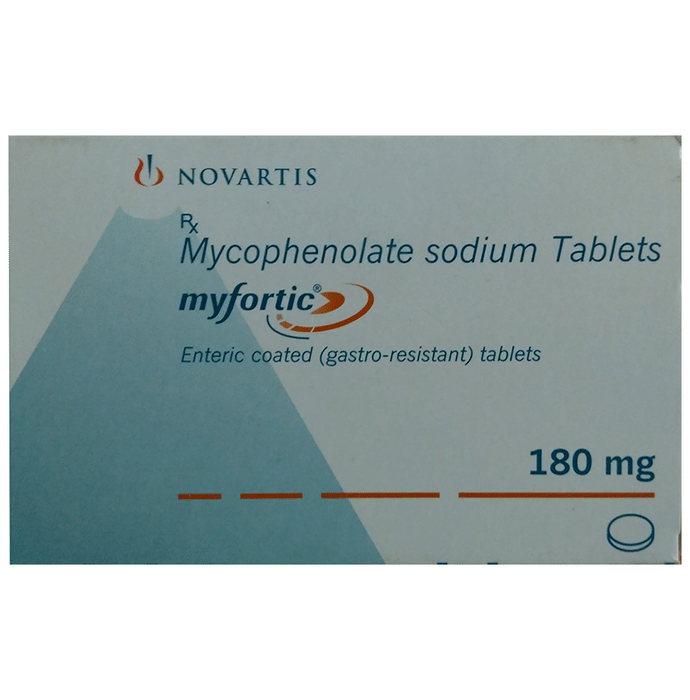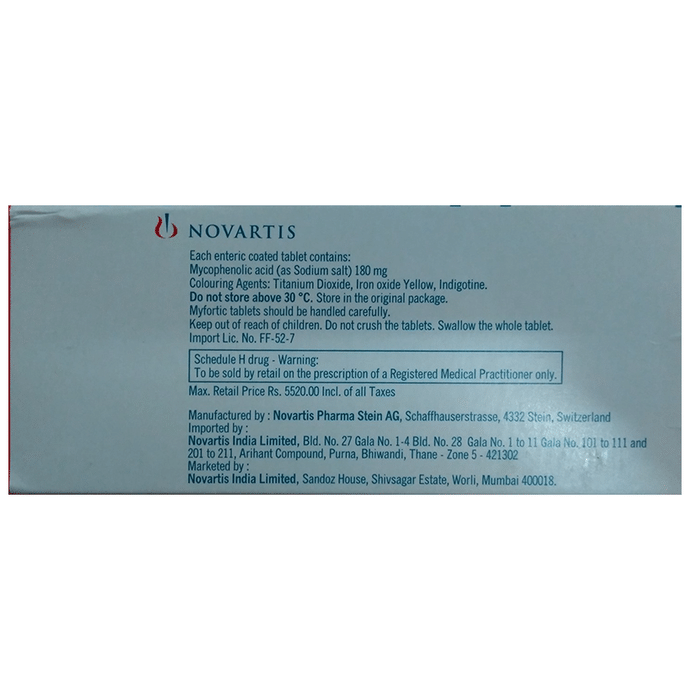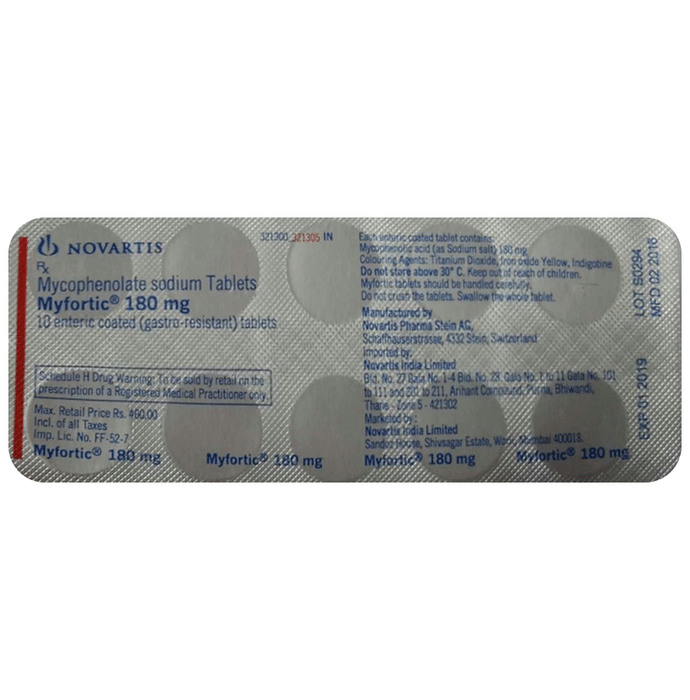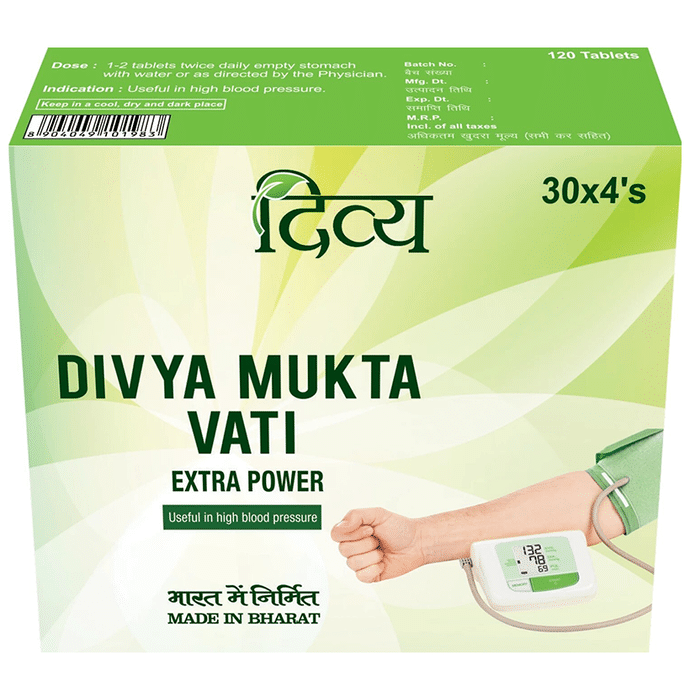Myfortic 180mg Tablet belongs to a group of medicines called immunosuppressants. It is used with other medicines to prevent your body from rejecting an organ (such as a kidney, heart, or liver) after a transplant. It works by weakening your body’s immune system, so it does not attack the transplanted organ. The amount of Myfortic 180mg Tablet you take depends on the type of transplant you have. Follow your doctor’s instructions on this. You should take it on an empty stomach, at least one hour before or two hours after a meal. Swallow it as a whole, do not crush, chew, break, or open them. Take the medicine regularly to get the most benefit and keep taking it even if you feel well. If you stop taking it, you may increase the chances of rejecting your transplanted organ. The treatment will continue for as long as you need it to prevent rejection. The most common side effects of Myfortic 180mg Tablet are nausea, vomiting, diarrhea, stomach pain, headache, high blood pressure, and changes in the number of white blood cells. Because it suppresses your immune system, you may catch more infections than usual. There is also an increased risk of developing some cancers for this reason. There is a long list of potential side effects. You should ask your doctor about them and what signs to look out for because some can be serious and need urgent medical attention. This medicine can cause birth defects and miscarriages so do not take it if you are pregnant, planning to become pregnant, or breastfeeding. You should talk to your doctor before taking this medicine if you have any signs of infection, if you have any unexpected bruising or bleeding and if you have ever had a problem with your digestive system. Your doctor also needs to know what other medicines you are taking as there are many which interact with this medicine and affect the way it works. You will have regular tests to check for any changes in the number of your blood cells, inform your doctor if you notice unexplained bruising or bleeding, sore throat, mouth ulcers, or fever.
















